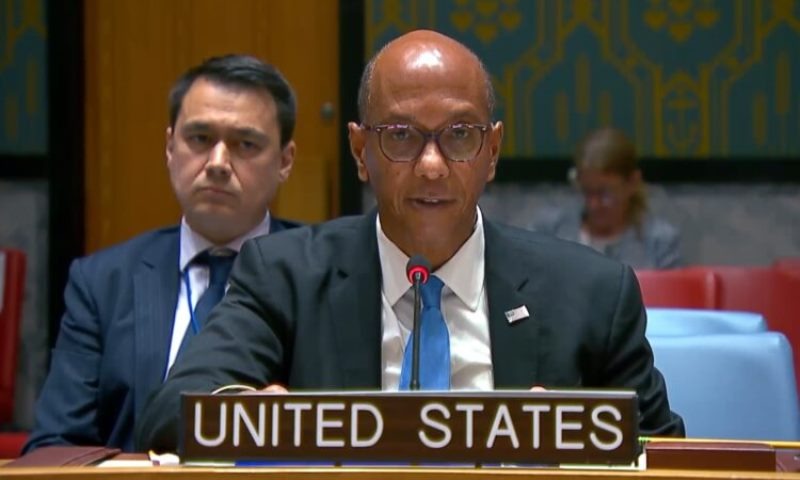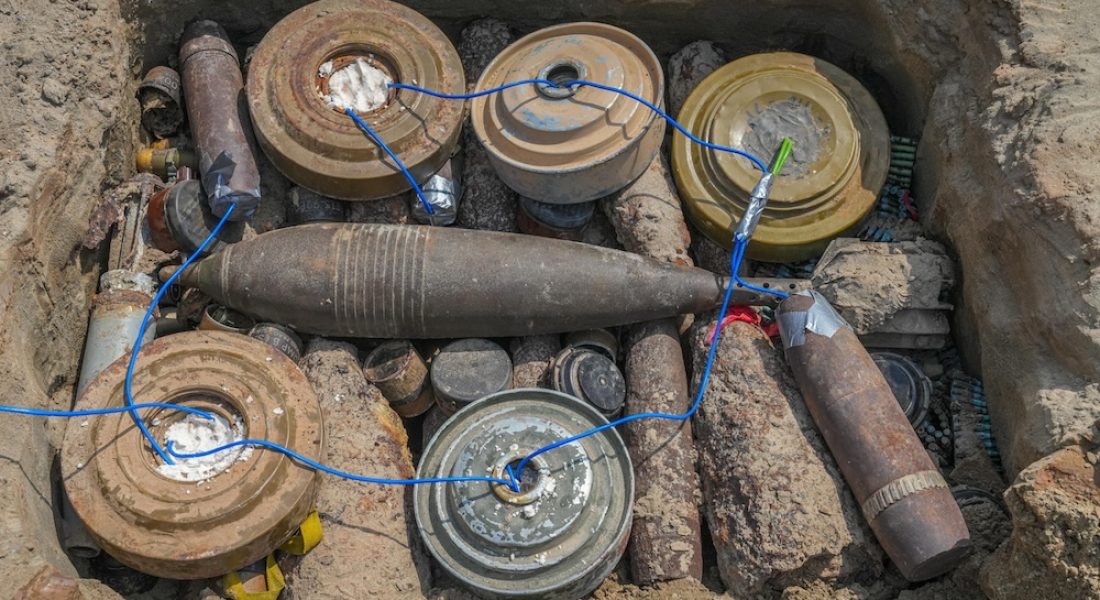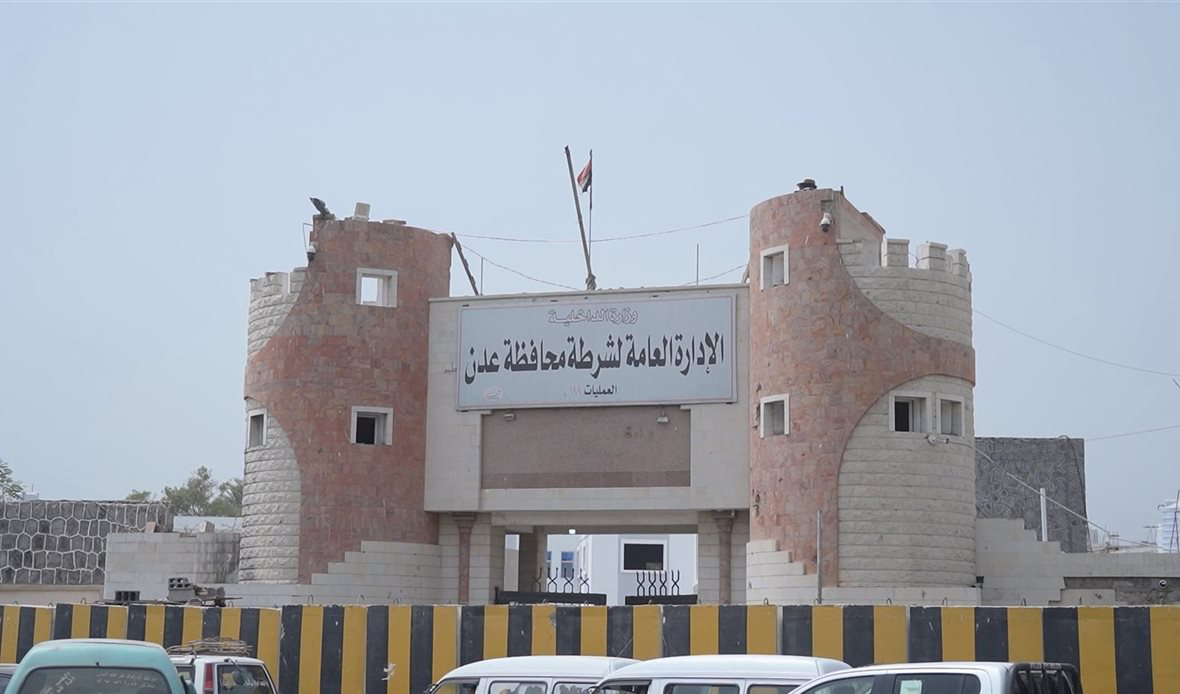
Barran Press
On November 13, 2024, the United States expressed disappointment over the UN Security Council's failure to adopt additional measures aimed at reducing the capabilities of the Houthi group, which is designated as a terrorist organization. This setback was attributed to threats from a permanent member of the Council to veto any effort to strengthen sanctions.
During a Security Council session focused on Yemen, U.S. Deputy Ambassador to the UN, Robert Wood, commented on the lack of action regarding these crucial measures. He noted that while the U.S. supported the renewal of the mandate for the expert team monitoring Yemen, as well as targeted arms embargoes, asset freezes, and travel bans, these measures alone were insufficient.
Wood highlighted a specific recommendation from the sanctions committee, which could have enhanced the group's ability to address Houthi aggression through the provision of arms and related materials from governmental and non-governmental actors in the Red Sea. He lamented that the Council did not consider this recommendation, attributing the inaction partially to threats from a UN Security Council member, likely referencing Russia.
He stated that this opposition hindered acknowledgment of the growing ties between the Houthis and Al-Qaeda affiliates, including Al-Shabaab. Wood pointed out that the Houthis have targeted over 90 commercial vessels with drones and missiles since October 2023, causing significant disruptions to maritime trade.
The U.S. also accused the Houthis of unlawfully detaining UN personnel, NGOs, and former diplomatic staff in Yemen, all while ignoring international standards, and emphasized that these actions were occurring without consequences.
Wood urged the Council to utilize available tools, including targeted sanctions, to address the rising threats. He asserted that a negotiated solution to the conflict in Yemen would remain elusive as long as the Houthis were allowed to act with impunity.
The U.S. remains ready to work with the Council to leverage all available tools, including sanctions, to achieve a peaceful resolution to the conflict in Yemen and the broader region.
On the same day, the UN Security Council unanimously adopted a British-drafted resolution extending international sanctions on Yemen for one year. The resolution includes financial restrictions, travel bans on individuals, and asset freezes until November 15, 2025.
The decision also renews the mandate of the expert team monitoring the arms embargo until November 15, 2025. Since 2015, Yemen has been under sanctions prohibiting arms exports under Security Council Resolution 2216, targeting the Houthi group and forces loyal to the late President Ali Abdullah Saleh.
Following the vote, UK Permanent Representative to the UN Barbara Woodward stated that extending the sanctions is vital for fostering peace in Yemen, sending a clear message to the Houthis and curbing their destabilizing efforts in the region.





